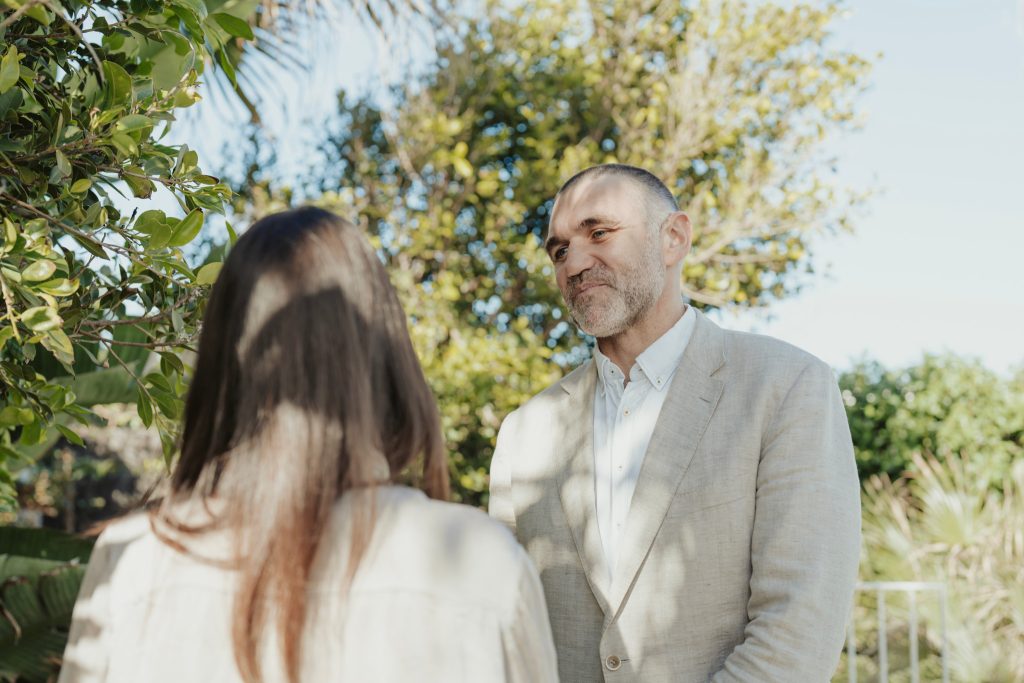Understanding and Treating Trauma & PTSD

4 Minutes
CONTENTS
Trauma is something that happens every day. It is estimated that approximately 70% of the world’s population will be exposed to a traumatic event in their life. It’s almost unavoidable. Of those cases, 20% will go on to develop PTSD. Trauma is not just a moment of distress, but the reaction to it. It’s the aftermath. To understand this delicate topic more, we sat down with our expert in trauma, Gita Chaudhuri, to discuss what trauma is, how it may develop into PTSD, and The Balance’s unique approach to healing.
Trauma can be caused by any overwhelming experience that threatens or causes harm, either physical or emotional. This may be from a single event like a car crash, natural disaster, or violent assault. This may also be from a prolonged period of time, where the victim does not even know is happening to them. People react in diverse ways. Our expert, Gita Chaudhuri, explains: “Trauma is not the incident, it’s the reaction. It’s how people experience the incident.” Not everyone that experiences trauma will develop long-term psychological effects. But understanding the potential impact is crucial.
When faced with immediate danger, the nervous system will go into fight, flight, or freeze mode. This response is crucial for survival in the short term, but can cause harmful long-term effects if the body remains in this heightened state. If the trauma is re-experienced, it can result in significant changes in the brains, particularly in areas responsible for memory, emotion, and executive function.
An individual can be triggered by little things that reactivate this response. “When someone is triggered, the nervous system switches to a different mode. Then stress hormones will release. It’s as if there was a bear in front of you – it’s the same physical reaction.” She goes on: “This causes a person to become dysregulated, dysfunctional, do things they normally would not do. This is why we often see substance abuse in conjunction to trauma. It’s a stress reaction, to try to escape from emotional reactions and sensations.” When the trauma continues to come up, this is when an individual may develop PTSD.
After something traumatic happens, the brain has to process it. If someone does not have a space of safety or connectedness, then it is unlikely this will happen. For something to be processed, it has to get to the middle part of our brain. When we experience trauma, the brain shuts down. The processing can only happen when we have the resources or environment to do so. If this is in place, people find ways to cope and process the experiences. If they don’t – that’s when an individual can develop PTSD. PTSD symptoms are generally grouped into four categories:
- Re-experiencing: Flashbacks, nightmares, and recurrent thoughts.
- Avoidance: Staying away from places, events, or objects that are reminders of the traumatic experience.
- Arousal and Reactivity: Being easily startled or feeling tense.
- Cognitive and Mood Symptoms: Difficulty remembering the traumatic event, negative thoughts about oneself or the world, and distorted feelings like guilt or blame.
Someone who is suffering with PTSD may not even know they have it. When this comes from a singular event, a person will usually know why this is happening. “We mostly deal with complex PTSD, this is what develops form a long period of emotional or physical neglect of abuse.” When you witness changes within someone you love, it is important to seek help from a professional. A licensed professional can help an individual process the trauma and move past a PTSD diagnosis.
Once something traumatic has happened, a person needs to process. Treatment is about getting an individual to a place where that processing can begin. If trauma is approached from an agitated or anxious state, it will reactivate. This can create a toxic loop. “The first step is always to create a feeling of safety and connectedness so that the person can feel it and relax into it and then the processing can start. From there, we can address the trauma. This is the process of stabilisation.”
We work through the brain and body to send new signals to the brain that someone is safe. “We work with patients on mindfulness, imaginative techniques, and connecting to the present moment because the present moment is the safest moment.” The feeling of safety is subjective. There is no one thing that works. That is why we have a holistic approach. “No one thing is sufficient, in the end it’s a combination of treatments that allow people to heal.” Over time, a therapist will teach an individual to self-regulate. This is an extremely empowering experience. At The Balance, we work to bring autonomy back to affluent individuals. We give people back their life.
People experience trauma every day. But how that trauma is processed differs from person to person. Trauma can be experience in a singular event or over a prolonged period of time. Without a feeling of safety and connectedness, the brain will be unable to process what’s happened. This can lead to triggers and reactivations of the feeling trauma left in the body. In severe cases, an individual can develop PTSD. It is important to seek treatment as soon as the signs appear. At The Balance, we know no one technique will be able to heal someone. We approach trauma & PTSD holistically. We give patients the space to process the past and the tools to self-regulate themselves through the future.
HOW THE BALANCE CAN HELP WITH Insights
The Balance RehabClinic is a leading provider of luxury addiction and mental health treatment for affluent individuals and their families, offering a blend of innovative science and holistic methods with unparalleled individualised care.











